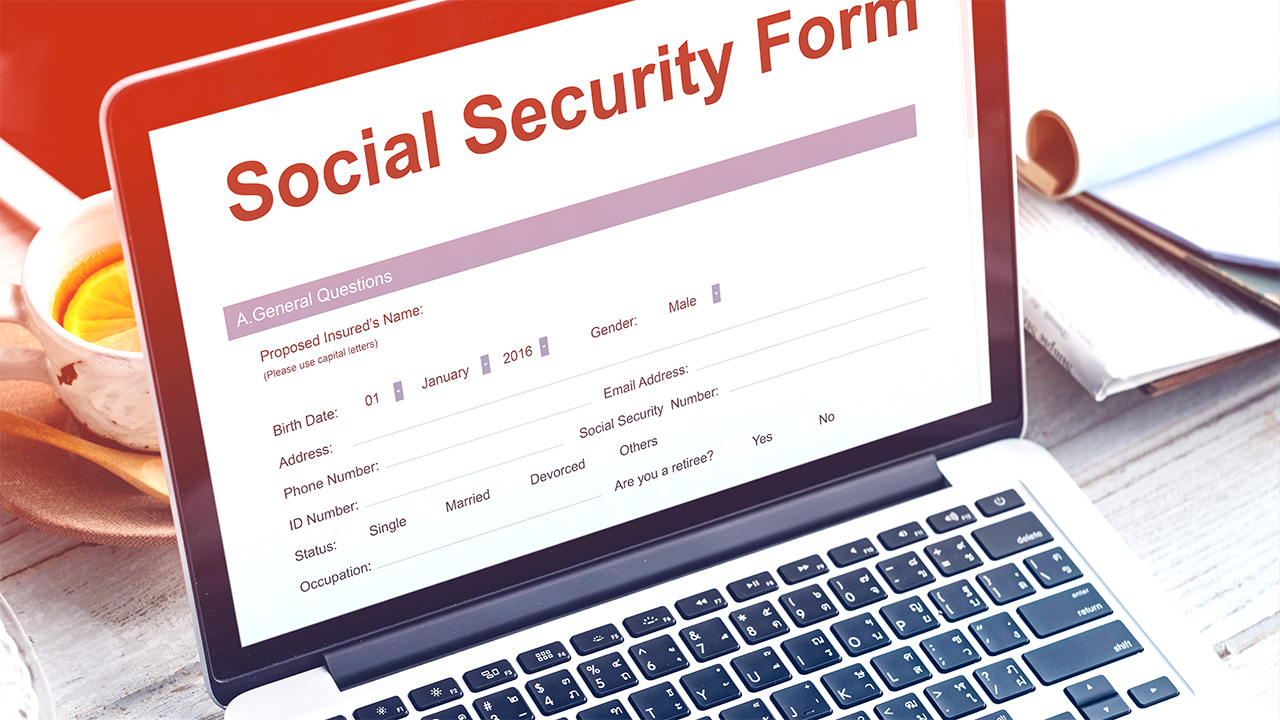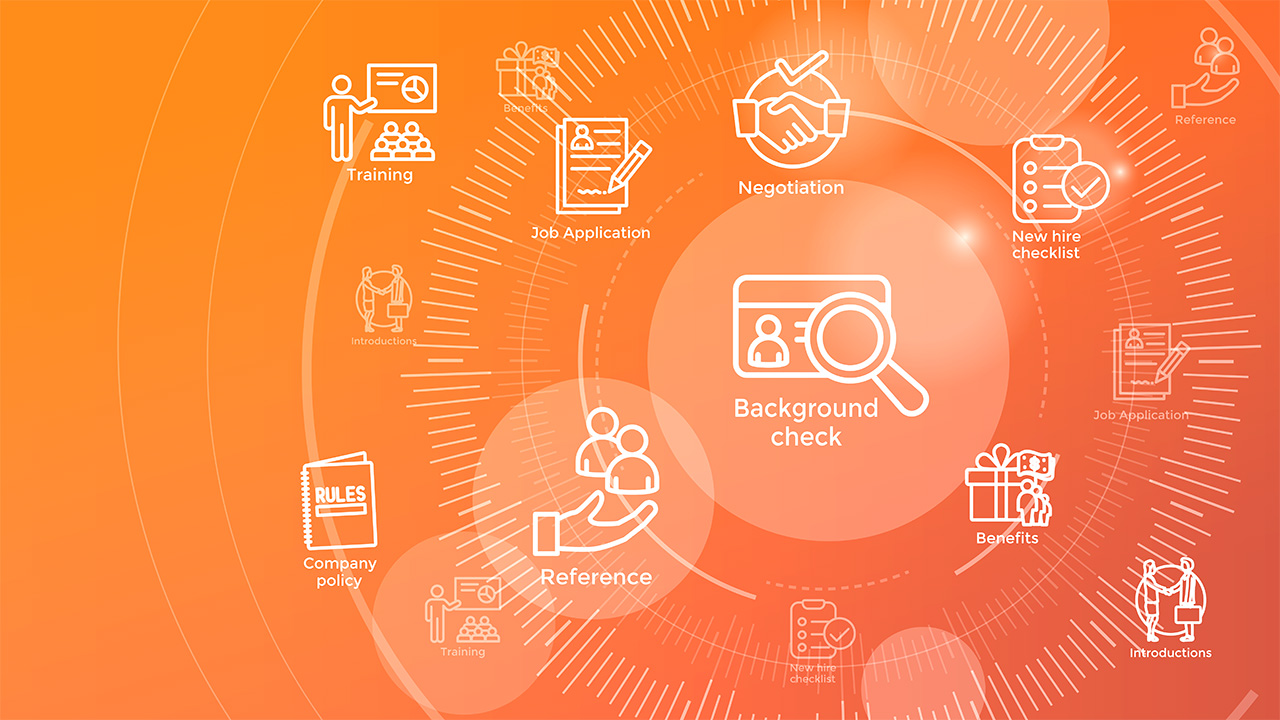
Most people understand that ordained members of the clergy may opt out of Social Security, and if they do so, they simply don’t have to pay Social Security and Medicare taxes. For many ministers, frankly, that is a significant savings. If a minister is considered self-employed, the Social Security tax alone would be 12.4% on up to $168,600 of net earnings.
Many ordained ministers think, “Great! I’ll opt out, and I’ll save lots of money.” And while opting out is an excellent choice in some situations, this is a decision that deserves careful attention before making that change.
To opt out of Social Security, ordained ministers must sign Form 4361 “Application for Exemption from Self-Employment Tax for Use by Ministers, Members of Religious Orders and Christian Science Practitioners.” The form does not say, “If you are a minister and prefer not to pay these taxes, sign here.” If you read the form carefully, it says that you are conscientiously opposed or opposed because of your religious principles to “the acceptance…of any public insurance that makes payments in the event of death, disability, old age, or retirement; or that makes payments toward the cost of, or provides services for, medicare” in exchange for services you perform as a minister. In other words, signing Form 4361 means that, as a minister, you oppose receiving Social Security or Medicare benefits for your ministerial work.
Of course, there are different beliefs among ordained ministers. Some truly do believe that serving as a pastor should not allow them to receive any Social Security benefits when they retire. Others believe differently. Whatever the case, we definitely recommend that ministers should understand the full legal picture before they make their decision.
In many cases, ministers make decisions like this when they are quite young, when they have a hard time even imagining retirement. And though the government has, on certain occasions, allowed ministers to opt back in to Social Security, you cannot count on this being allowed should you change your mind.
Because of the complexity of this issue, we highly recommend that you contact the Christian Law Association before finalizing any such decision. Our experienced legal team is extremely familiar with all of the issues pertaining to this, and we have seen firsthand how this works for ministers through the years. It would be our privilege to assist you.










